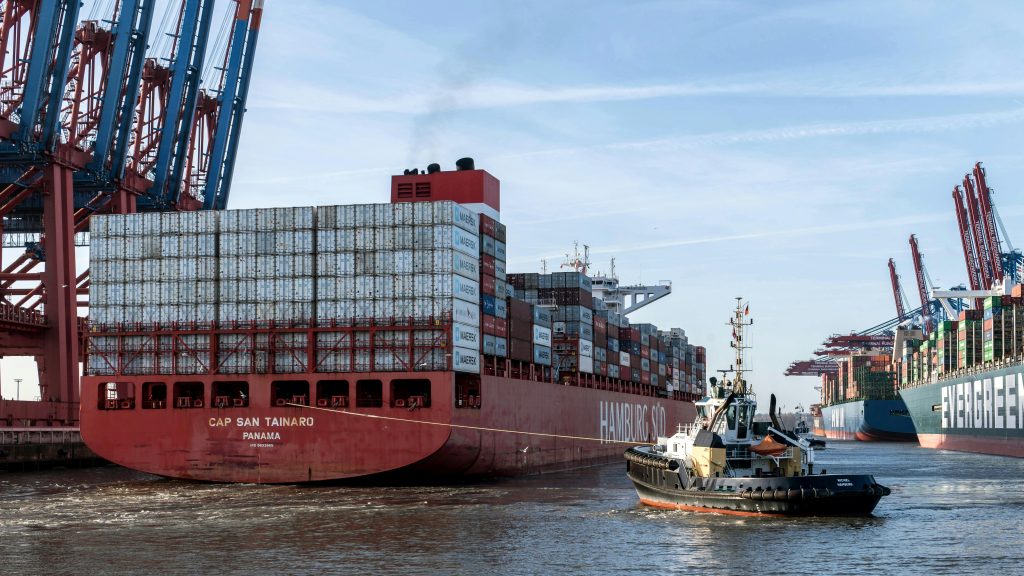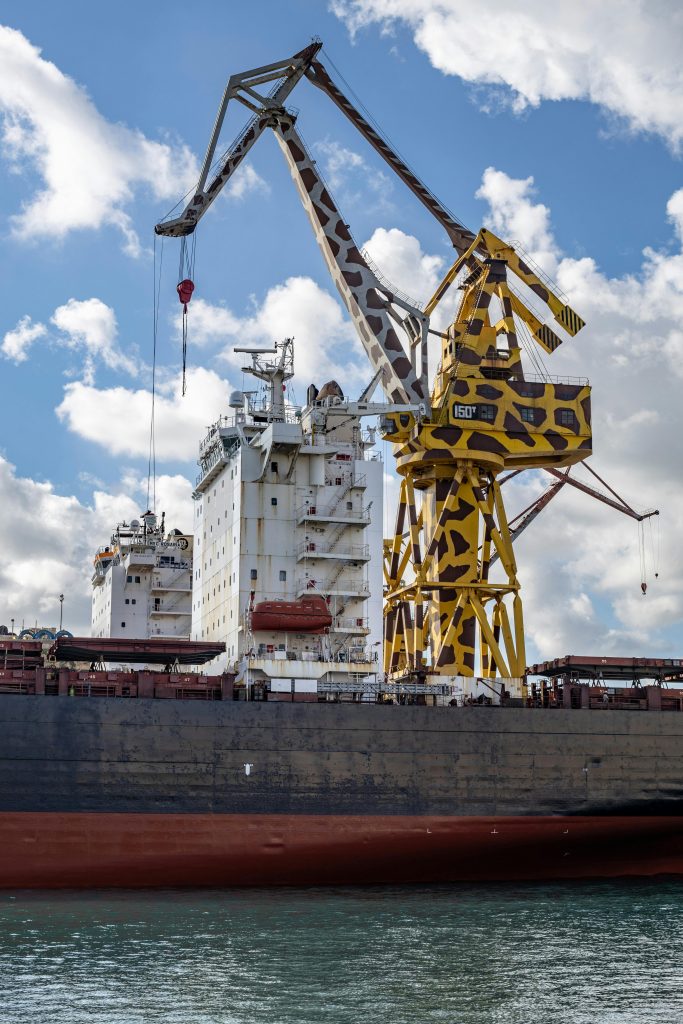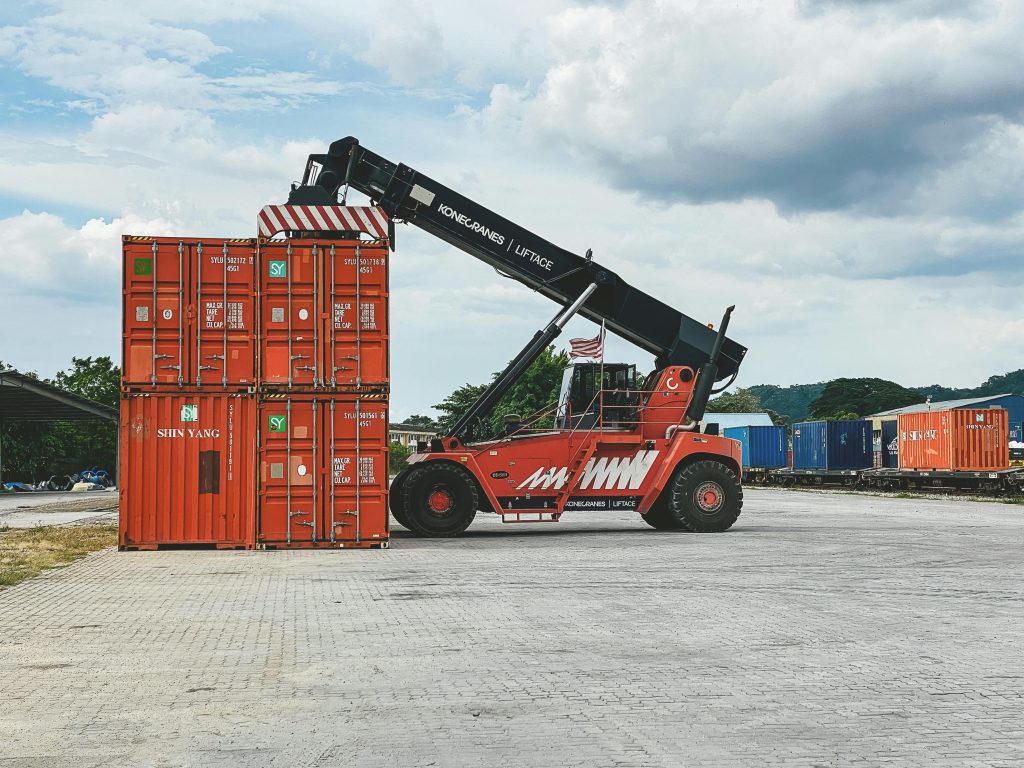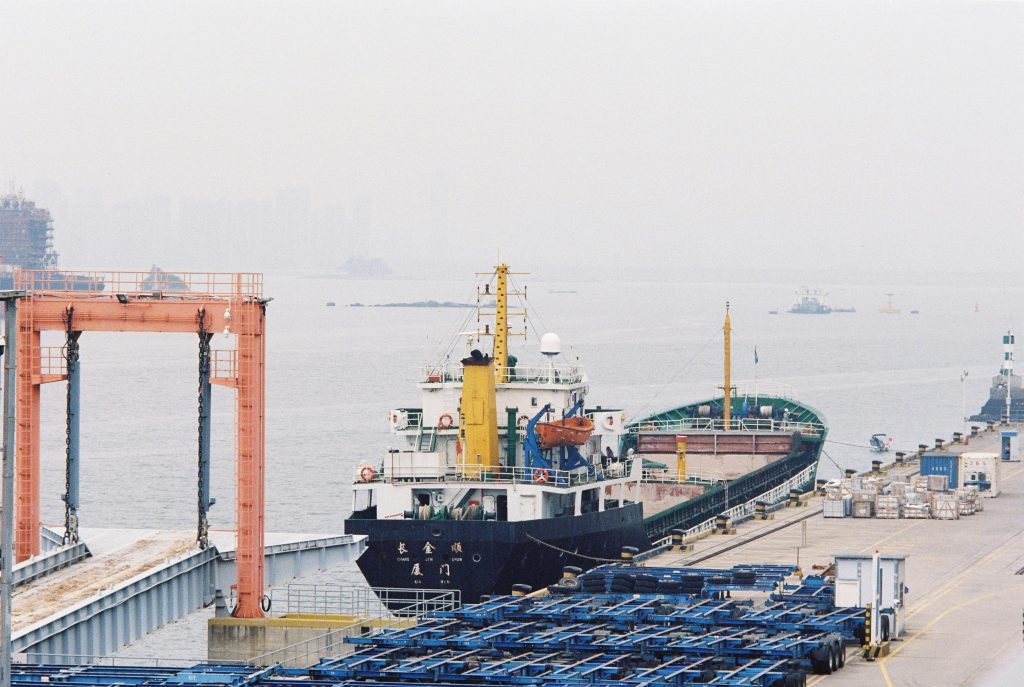Freight Dispatcher: The Ultimate Guide to This Essential Logistics Role

Introduction
Freight dispatchers are the unsung heroes of the logistics industry. They are the master coordinators who ensure that shipments reach their destinations efficiently, on time, and in optimal condition. But what exactly does a freight dispatcher do, and why is this role so crucial in today’s fast-paced business environment?
Definition of a Freight Dispatcher
A freight dispatcher is a logistics professional responsible for coordinating the movement of goods between shippers and carriers. They act as the central point of communication, managing schedules, solving problems, and ensuring that freight moves smoothly through the supply chain.
Importance in the Logistics Industry
In an era of global trade and just-in-time inventory systems, the role of freight dispatchers has become increasingly critical. They are essential for:
- Optimizing transportation efficiency
- Reducing shipping costs
- Ensuring timely deliveries
- Maintaining customer satisfaction
- Adapting to unexpected changes in shipping conditions

Roles and Responsibilities
Freight dispatchers wear many hats in their day-to-day operations. Their primary responsibilities include:
Planning and scheduling freight movements
Matching loads with appropriate carriers
Optimizing routes and consolidating shipments when possible
Assigning loads to drivers based on availability and regulations
Monitoring driver hours to ensure compliance with Hours of Service (HOS) rules
Coordinating driver breaks, rest periods, and time off
Serving as the main point of contact for shippers and receivers
Providing updates on shipment status and estimated arrival times
Addressing customer concerns and resolving issues promptly
Ensuring all necessary paperwork is completed accurately and on time
Managing bills of lading, proof of delivery, and other shipping documents
Maintaining accurate records for compliance and auditing purposes
Addressing unexpected issues such as delays, route changes, or equipment failures
Developing contingency plans to minimize disruptions
Negotiating with carriers and customers to find mutually beneficial solutions
Skills Required for Success
To excel as a freight dispatcher, one must possess a unique blend of skills:
- Organizational Abilities: Managing multiple shipments, drivers, and deadlines simultaneously requires exceptional organizational skills.
- Communication Skills: Clear, concise communication is crucial when dealing with drivers, customers, and other stakeholders.
- Problem-Solving Aptitude: Quick thinking and creative problem-solving are essential for handling the unexpected challenges that frequently arise in logistics.
- Technology Proficiency: Modern dispatching relies heavily on software and digital tools. Proficiency with transportation management systems (TMS) and other logistics software is crucial.
- Attention to Detail: Small errors can lead to significant problems in shipping. Dispatchers must be meticulous in their work.
- Stress Management: The ability to remain calm and focused under pressure is vital in this fast-paced role.
- Industry Knowledge: Understanding transportation regulations, shipping processes, and industry trends is essential for making informed decisions.

Freight Dispatcher vs. Truck Dispatcher
While often used interchangeably, there are subtle differences between freight dispatchers and truck dispatchers:
Similarities
- Both coordinate the movement of goods
- Both work with drivers and customers
- Both require strong organizational and communication skills
Differences
- Scope: Freight dispatchers often work with multiple modes of transportation (truck, rail, air, sea), while truck dispatchers focus primarily on road transport.
- Employment: Truck dispatchers typically work directly for trucking companies, while freight dispatchers may work for logistics companies, freight brokerages, or as independent contractors.
- Focus: Truck dispatchers often have a more direct relationship with drivers, while freight dispatchers may focus more on overall logistics coordination.
How to Become a Freight Dispatcher
If you’re interested in pursuing a career as a freight dispatcher, here’s a roadmap to get you started:
1. Educational Requirements
- High school diploma or equivalent is typically the minimum requirement
- Some employers prefer candidates with an associate’s or bachelor’s degree in logistics, supply chain management, or a related field
2. Training and Certification Options
- Many community colleges and vocational schools offer dispatcher training programs
- Consider certifications such as the Certified Dispatcher credential from the National Motor Freight Traffic Association (NMFTA)
- Online courses and workshops can provide specialized knowledge in areas like freight brokerage or international logistics
3. Gaining Experience in the Industry
- Entry-level positions in logistics or customer service can provide valuable experience
- Internships with logistics companies or freight brokerages can offer hands-on learning opportunities
- Consider starting as a dispatcher assistant to learn the ropes under experienced professionals
Tools and Technology
Modern freight dispatching relies heavily on logistics software technology. Familiarity with the following tools is crucial:
- Transportation Management Systems (TMS): These comprehensive platforms help manage all aspects of freight transportation.
- Communication Systems: Including phone systems, email, and instant messaging platforms designed for logistics communication.
- Load Boards and Freight Matching Platforms: These online marketplaces connect shippers with available carriers.
- GPS Tracking Systems: Used to monitor the real-time location of shipments and vehicles.
- Electronic Logging Devices (ELDs): These devices track driver hours and ensure compliance with regulations.
How Linbis Enhances Freight Dispatching
In the world of freight dispatching, having the right tools can make all the difference. This is where Linbis comes in, offering a comprehensive solution designed to streamline and enhance the dispatching process.
Linbis provides freight dispatchers with:
- Centralized Load Management: All shipment information is accessible in one place, making it easy to track and manage multiple loads simultaneously.
- Real-Time Communication: Integrated messaging features allow for seamless communication with drivers, customers, and other stakeholders.
- Automated Workflows: Many routine tasks can be automated, freeing up dispatchers to focus on more complex issues.
- Advanced Reporting: Generate detailed reports on performance metrics, helping to identify areas for improvement and optimize operations.
- Mobile Accessibility: Access crucial information on-the-go, allowing for efficient management even when away from the office.
- Integration Capabilities: Linbis can integrate with other systems commonly used in the logistics industry, creating a more cohesive workflow.
By leveraging the power of Linbis, freight dispatchers can significantly enhance their efficiency, reduce errors, and provide better service to both carriers and shippers.

Career Outlook
The career outlook for freight dispatchers is promising, driven by the continued growth of e-commerce and global trade.
Job Market Trends
- Increasing demand for skilled dispatchers as supply chains become more complex
- Growing emphasis on technology skills as the industry becomes more digitized
- Rising importance of sustainable and efficient logistics practices
Salary Expectations
Salaries for freight dispatchers can vary based on experience, location, and employer. According to recent data:
- Entry-level dispatchers can expect to earn between $35,000 and $45,000 annually
- Experienced dispatchers often earn $50,000 to $70,000 or more
- Managers or specialists in niche areas may command higher salaries
Advancement Opportunities
Career progression for freight dispatchers may include:
- Senior Dispatcher roles
- Operations Manager positions
- Logistics Coordinator roles
- Freight Brokerage opportunities
- Supply Chain Management positions
Challenges and Rewards
Like any profession, freight dispatching comes with its own set of challenges and rewards.
Common Challenges
- Managing tight deadlines and unexpected delays
- Balancing the needs of multiple stakeholders (drivers, customers, management)
- Staying updated with changing regulations and industry trends
- Handling the stress of a fast-paced work environment
Rewards of the Profession
- Dynamic and engaging work environment
- Opportunity to solve complex logistical puzzles
- Crucial role in keeping the global economy moving
- Potential for career growth and advancement
- Satisfaction of seeing tangible results of your work
Success Stories
To illustrate the potential of a career in freight dispatching, here are brief profiles of successful professionals in the field:
- Sarah Johnson: Started as an entry-level dispatcher and now manages a team of 20 at a major logistics company. She credits her success to her problem-solving skills and willingness to embrace new technologies.
- Michael Chen: Leveraged his experience as a freight dispatcher to start his own successful freight brokerage. He emphasizes the importance of building strong relationships with carriers and shippers.
- Aisha Patel: Specialized in hazardous materials dispatching and now consults for companies on compliance and safety issues. She attributes her success to continuous learning and staying ahead of industry regulations.
Frequently Asked Questions
Q: What’s the difference between a freight dispatcher and a freight broker? A: While both roles involve coordinating freight movements, freight brokers typically act as intermediaries between shippers and carriers, negotiating rates and contracts. Freight dispatchers often work more directly with drivers and focus on day-to-day logistics operations.
Q: Can I work as a freight dispatcher from home? A: Yes, many companies offer remote work options for dispatchers, especially with the advancement of dispatch software and communication technologies. However, some positions may require on-site presence, particularly for entry-level roles.
Q: How long does it take to become a proficient freight dispatcher? A: While you can learn the basics relatively quickly, becoming truly proficient often takes 1-2 years of on-the-job experience. Continuous learning and adapting to new technologies and industry changes is key to long-term success.

Conclusion
Freight dispatching is a challenging yet rewarding career that plays a vital role in the global supply chain. With the right skills, tools like Linbis, and a commitment to continuous learning, you can build a successful and fulfilling career in this dynamic field.
Whether you’re just starting out or looking to advance your career, the world of freight dispatching offers plenty of opportunities for growth and success. By staying adaptable, embracing technology, and focusing on building strong relationships, you can thrive in this essential logistics role.
Remember, as a freight dispatcher, you’re not just coordinating shipments – you’re helping to keep the wheels of global commerce turning smoothly and efficiently. It’s a big responsibility, but for those up to the challenge, it can be an incredibly rewarding career path.
